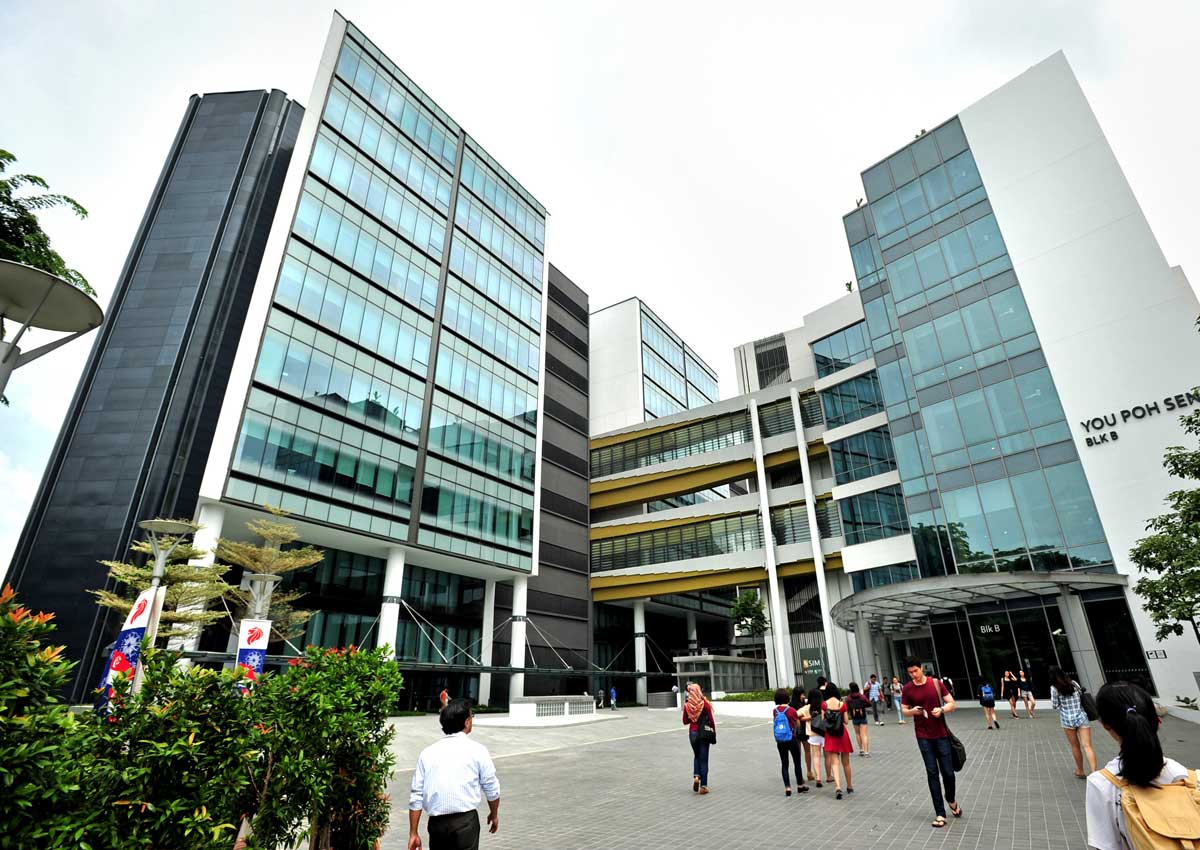Family and criminal lawyers – a sector of Singapore’s law scene that has been plagued by falling numbers – may soon get some much-needed help.
With a curriculum tilted towards community law, a focus on practical training and a rigorous selection process, Singapore’s third law school is quietly confident that its 60 students will take up family and criminal law once they graduate from 2020.
Young graduates have traditionally shunned family and criminal law, perceiving them to be harder work and less lucrative than other areas such as arbitration.
But even though graduates of SIM University’s (UniSIM’s) Bachelor of Laws and Juris Doctor programmes – which start in January – will be able to go into any field of practice, the school is confident its students will stay the course.
UniSIM law school dean Leslie Chew told The Straits Times: “We cannot guarantee that they will go into family and criminal law, but I’m confident that the way we select and train them will push them in that direction.”
While they will study core subjects such as contract and torts, students will spend the entire second year on criminal and family law modules. They will also take two non-law modules in forensic science and social services.
At the National University of Singapore and Singapore Management University, criminal law is compulsory but family law is optional.
UniSIM will also emphasise practical training with six months set aside for a work stint, said Professor Chew. “You’re not sitting there to write the best essays. Someone is sitting in front of you asking for real-life advice.”
These are all backed by a selection process that puts aspiration and background ahead of paper grades. Nearly all the 388 applicants were interviewed by a panel of four: an academic from the law school, a criminal lawyer, a family lawyer and a community representative.
There were 62 panellists, including Speaker of Parliament Halimah Yacob.
Mr P.E. Ashokan, partner in litigation and dispute resolution at Withers KhattarWong, one of the interviewers, gave his vote to “candidates with real-life experiences, like going through a divorce, or having closely witnessed friends and family going through it or having brushes with criminal law”.
Lawyers in these fields are also hoping that students eschew the glamour and typically higher pay of corporate law to fill a vital need.
Ms Charlotte Lee, 42, who found pro-bono legal help during a divorce, hopes to “pay it forward” by becoming a family lawyer. She now trains volunteers and will start the Juris Doctor law course next year.
Family and matrimonial lawyer Helen Chia said she looked for “genuine people who wore their hearts on their sleeves” and could relate to others. About 80 per cent of UniSIM’s first law cohort have worked on average for 11 years.
Prof Chew added: “Some did volunteer or counselling work, worked with families and juveniles, or are police officers who are familiar with the court system.”
This has led to increased hope that the country’s newest law school will fulfil its key aim of supplying much-needed community lawyers.
According to the Ministry of Law (MinLaw), there were about 1,600 criminal and family lawyers here as of 2014, about a quarter of whom were in their 20s and 30s. In comparison, about 45 per cent of the 3,600 corporate and commercial lawyers are in their 20s and 30s.
UniSIM aims to increase its law intake to about 75 in 2020. Some are hopeful that its law graduates, with the advantage of experience, will be able to change the game.
Said Mr Ashokan: “With their networks and contacts, they could command better pay or employment terms.”
A MinLaw spokesman said it will “work with UniSIM to monitor the practice areas their graduates enter after graduation”.

This article was first published on Oct 04, 2016.
Get a copy of The Straits Times or go to straitstimes.com for more stories.






